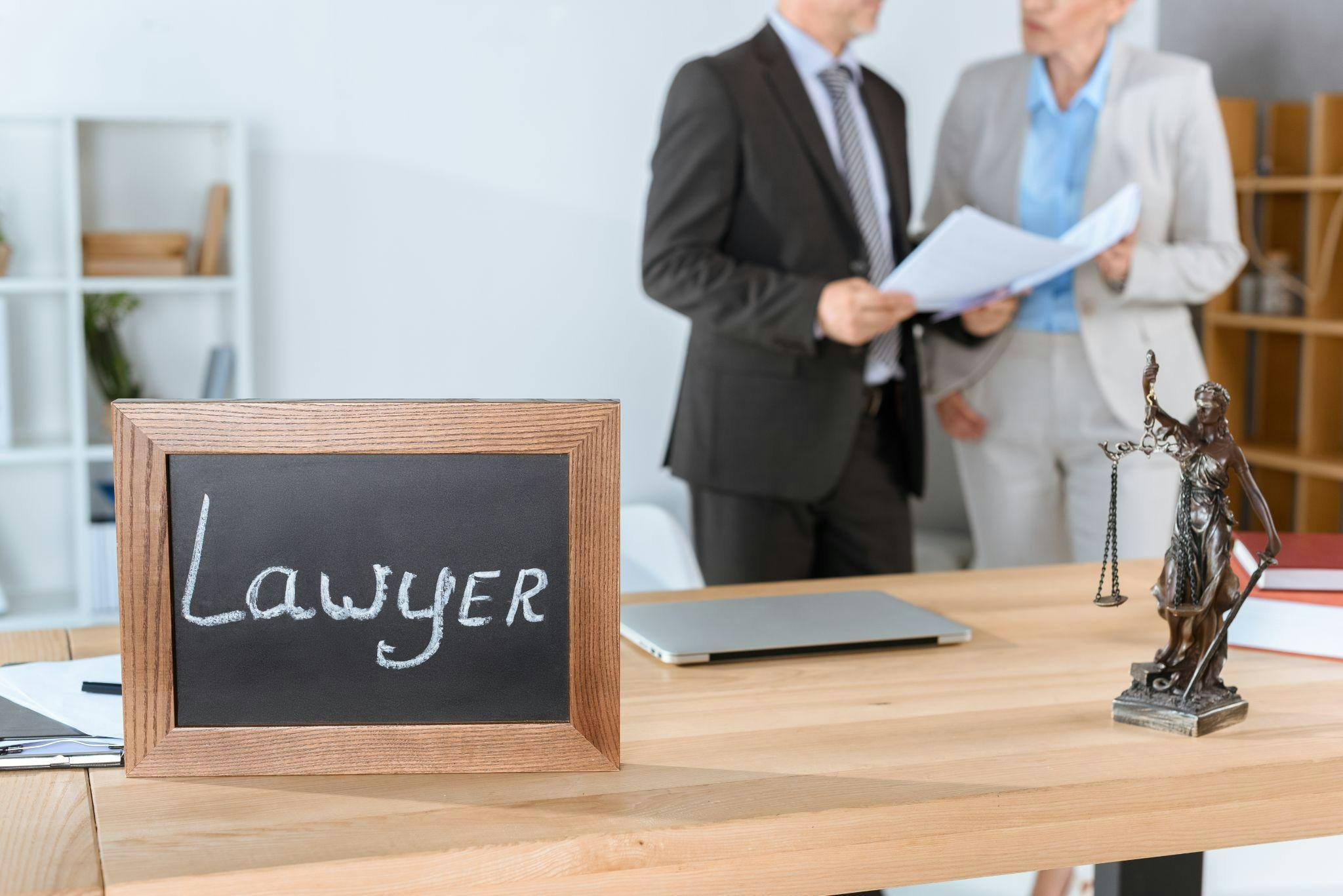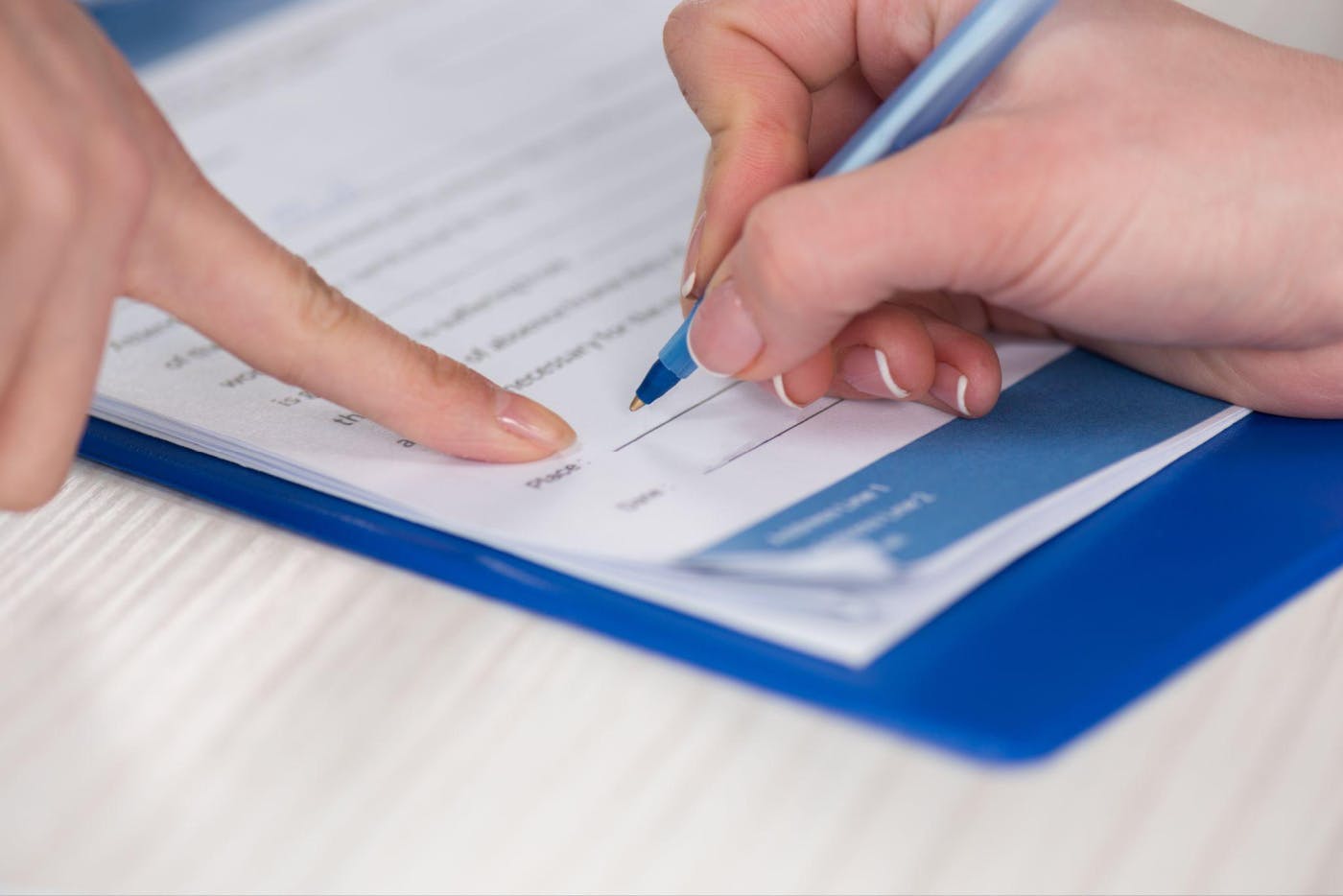What Is a Deposition in a Minnesota Personal Injury Case?
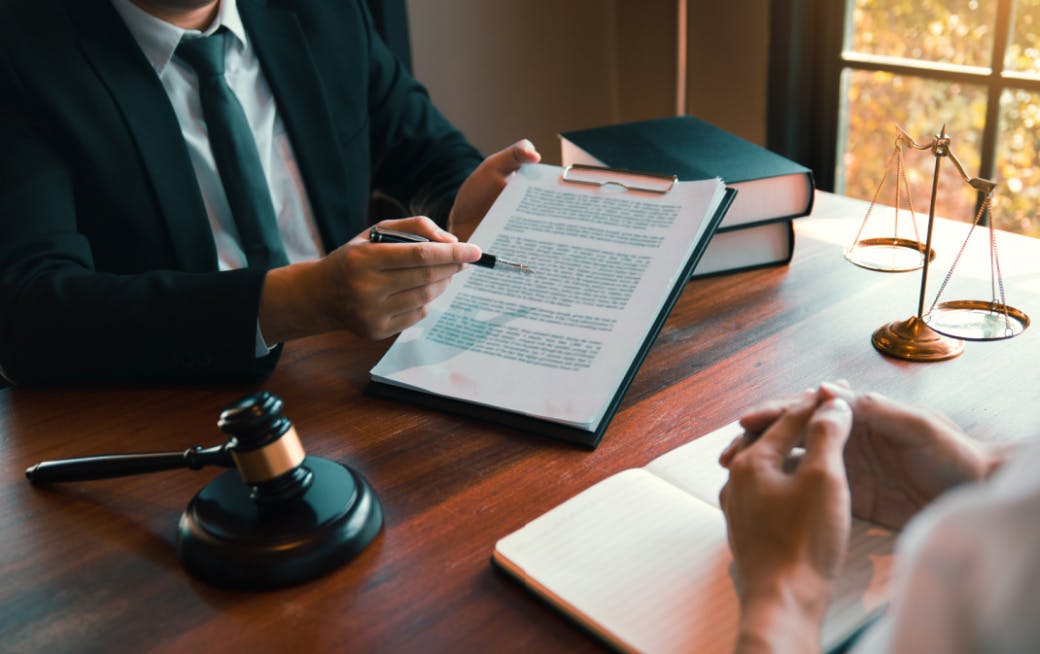
You will probably have to participate in a deposition when pursuing compensation for an injury. Depositions are an important part of any personal injury lawsuit. But what is a deposition, and how will it affect your case?
Here’s your guide to depositions in a Minnesota personal injury case.
What Is a Deposition?
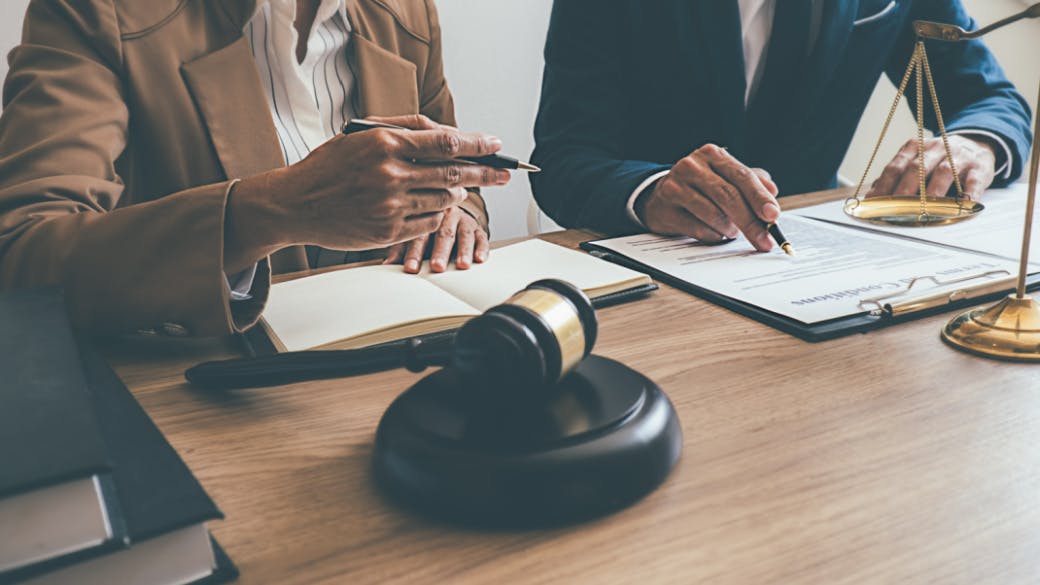
A deposition is a question-and-answer session involving both sides of a legal case.
Depositions do not take place in a courtroom. Instead, the parties involved usually meet in an attorney’s office. Typically, depositions are taken from the injured person, the defendant, and witnesses. Your attorney will question the person who caused your injury, and their attorney will do the same with you. If other witnesses are present, they will also be questioned by both sides.
While the deposition will occur outside a courtroom, all testimony will be given under oath. The testimony will also be recorded and could be cited if your case goes to trial.
Once a “notice of deposition” is sent, attendance is mandatory. Your attorney will be there to offer advice and guide you through the process.
What Will You Be Asked in a Deposition?
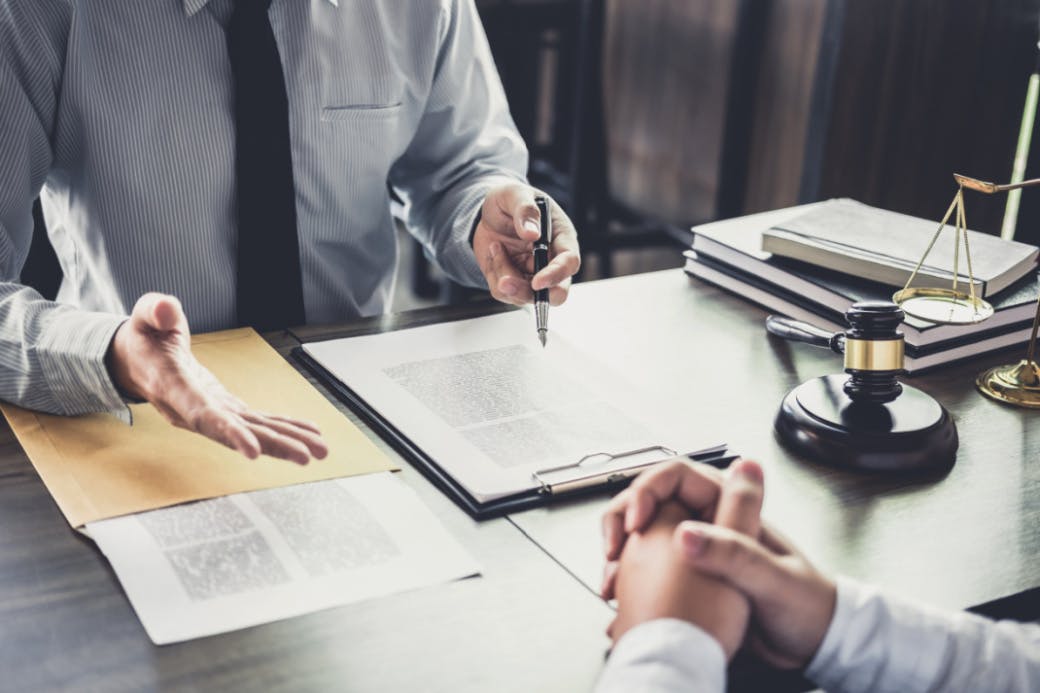
The other party’s attorney will ask you about your injury during a deposition. The exact questions will depend on the details of your case, but you can expect to answer questions regarding:
- How you received your injury
- How serious your injury is
- How has your injury affected your life
- Your background
- Your medical history
How to Conduct Yourself During a Deposition

What you say—or don’t say—during a deposition could have a significant impact on the success of your case. Your attorney will help you prepare. This will include reviewing the details of your injury and how you should present them when answering questions. Your attorney may suggest a mock deposition to practice for the actual event.
During the deposition, you should keep these tips in mind:
- Be polite. There’s no need to go into a deposition with a bad attitude. Arrive on time, dress well, and treat everyone with respect. (Avoid small talk, however. You aren’t there to make friends.)
- Be honest. You will be testifying under oath, so lying would count as perjury. That would weaken your case and could lead to legal consequences.
- Keep your testimony brief. When the opposing attorney asks a question, answer it as concisely as possible. Don’t elaborate beyond what’s necessary. Never volunteer extra information.
- Stick to the facts. Don’t guess at what happened or add commentary. If you don’t know or can’t remember a detail, say so. “I don’t recall” is a perfectly valid response.
- Don’t answer questions you don’t understand. If you misheard a question or are unsure what the attorney is asking, ask for clarification before responding.
- Don’t contradict yourself. If you’ve given any statements about your injury in the past—such as in a police report—remember what you said and don’t contradict yourself. Contradictions will weaken your case.
- Don’t rush your answers. A deposition isn’t a race. Take the time to think your answers through before speaking. This will also allow your attorney to object to the question if it’s problematic.
Get the Compensation You Need
Depositions are an important step in any personal injury lawsuit. Depending on the advice you get, your deposition could help or hurt your case. It’s worth having the proper support in your corner.
We can help.
At SiebenCarey, we’ve spent decades helping thousands of injury victims get the compensation they deserve. Contact us, and we can:
- Explain your rights to you
- Answer all your questions
- Investigate the details of your accident
- Build a solid case on your behalf
- Help you recover every dollar of compensation you’re owed
Best of all, we work on a contingency fee basis—so you won’t owe us a dime unless you win your case.


